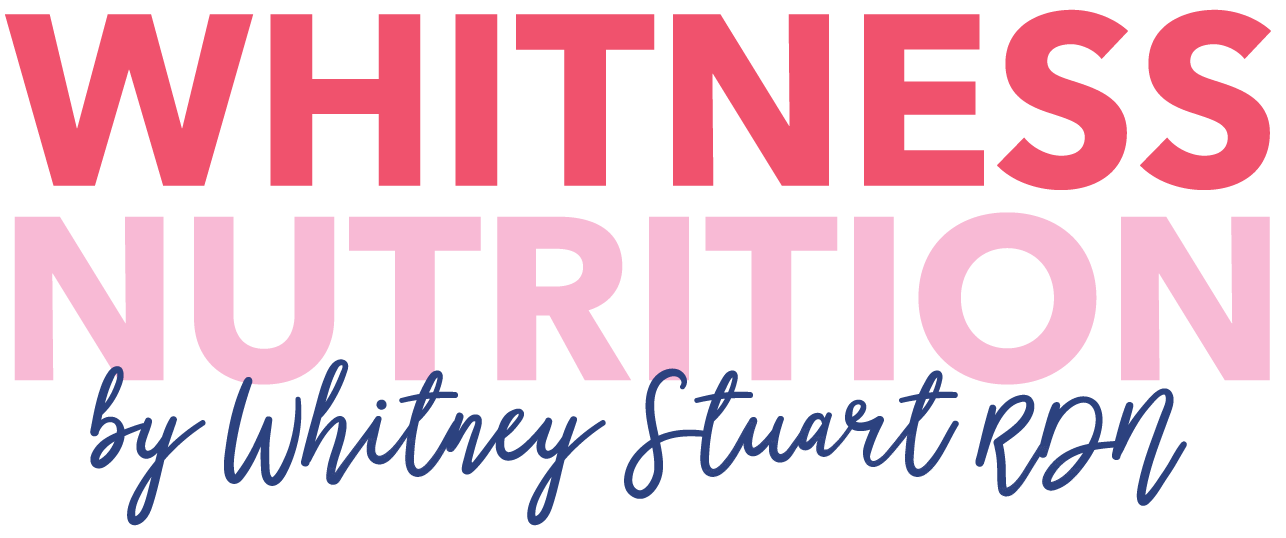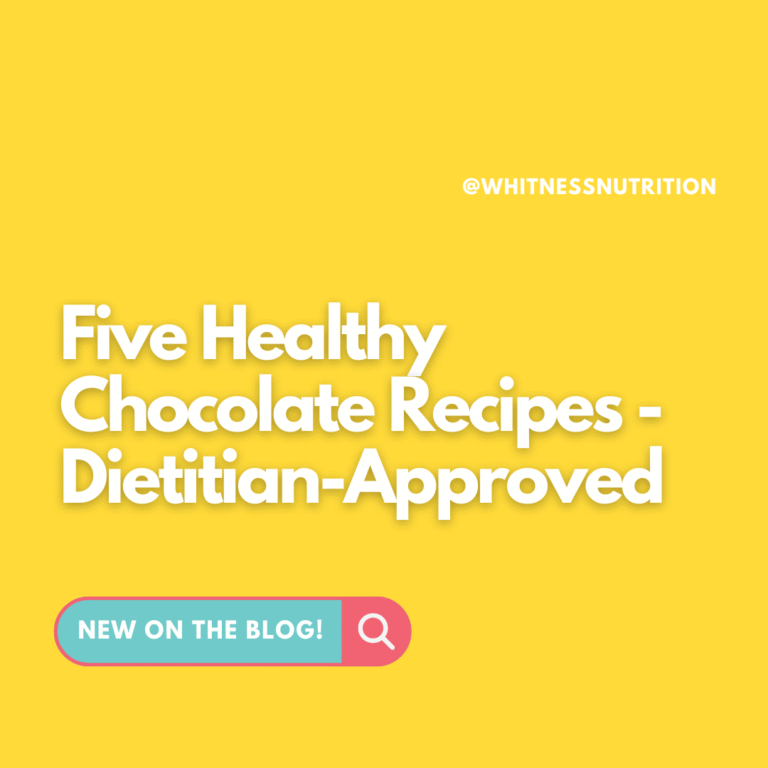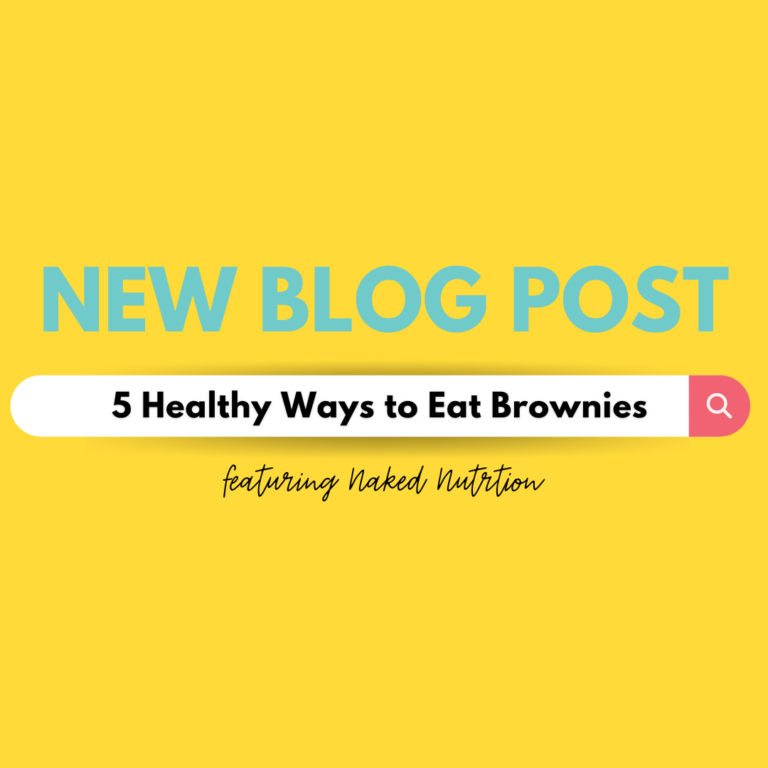Wait, Prebiotics?
If you’ve stopped at the store or while scrolling through the gram’ and wondered “wait, prebiotics? What else do I need to worry about?” you’re probably not alone. We’ve talked about probiotics on the Whitness blog and the importance of eating a wide variety of gut-healthy foods, but we have yet to review the importance of prebiotics.
What is the difference between a prebiotic and a probiotic?
What is a Probiotic
Probiotics are the good bacteria living in our gut that are constantly repopulating to support balanced gut flora. Having a healthy gut flora boosts immunity, helps with digestion, and contributes to overall health. Probiotics, or live cultures, come in many different shapes and sizes. You’ve likely seen names such as S. thermophilus or lactobacilli on the back of your yogurt or kimchi jars. Eating a variety of probiotics is essential to ensure you’re reaping the benefits of probiotics.
Examples of probiotics: Fermented foods such as kefir, sauerkraut, and certain cheeses.
What is a Prebiotic?
Prebiotics are non-digestible food components (not bacteria) that feed the previously mentioned good bacteria in your gut. They help support a balanced gut flora and aid in digestive health. It’s helpful to think of prebiotics like fertilizer for the gut; they nourish and support the already growing good bacteria, like plants, and come from an outside source as the body does not naturally create them.
Examples of prebiotics include:
- Inulin
- Sunfiber
- Chicory Root
- Asparagus
- Onion
- Garlic
Both prebiotics and probiotics are an essential part of a healthy microbiome; a healthy gut. The relationship between prebiotics and probiotics are symbiotic, and they need each other to provide function to the body
So, do I take a prebiotic in supplement form? 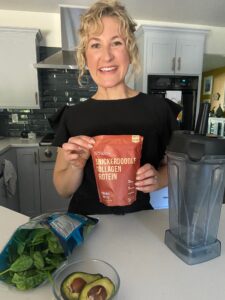
While there are supplementation options for prebiotics, just like probiotics, you can get your prebiotics through food! Here at Whitness Nutrition, we love using food as medicine, first!
As prebiotics are a form of dietary fiber, specifically oligosaccharide, you can find them in just about any naturally occurring carbohydrate such as fruits and vegetables. You can also find prebiotics in their individual forms such as Inulin or chicory root fiber, which have become increasingly popular in products such as high-fiber candies and better-for-you soda alternatives. What is most important for you to be aware of is that prebiotics resist digestion in the small intestine. This means, once consumed Inulin stays put and helps the fermentation process. Just as though you were increasing your intake of legumes or raw vegetables, it’s important to incorporate prebiotics slowly and steadily to avoid GI upset.
Consuming prebiotics; the non-digestible fiber found in plant-based foods, is one of the easiest ways to support gut health. But, if consuming artichokes and garlic every day doesn’t seem all too appealing, you can find prebiotic in other ways as well, like in Rowdy bars!
Rowdy’s bars and collagen protein powders contain the prebiotic Yacon Root.
Yacon Root is a naturally low-glycemic root vegetable that is a form of inulin. Yacon root is a naturally sweet root vegetable and is commonly compared to the likes of apple or sweet potato. This super root not only helps digestion, it’s also low-glycemic making it an excellent option for those with diabetes. Rowdy carefully crafted a Yacon root based prebiotic-syrup that is gut-healthy, zero-glycemic (no effect on blood sugar), and low-calorie.
Interesting benefits of the prebiotic superfood Yacon root:
- It’s naturally high in potassium and supports a healthy blood pressure.
- It helps prevent spikes in blood sugar as the prebiotic fibers help slow the absorption of glucose into the bloodstream.
- It can support a healthy cholesterol level, as inulin can help lower lipid levels in the body and ward off the buildup of bad cholesterol.
Not only are Rowdy’s bars and protein powders rich in prebiotic fibers and gut support, they’re also paleo, high-protein and low-glycemic. Rowdy’s bars have a 1:1:1 ratio of fat, carbohydrate and protein, meaning no sugar crashes, more satisfaction, and prolonged fuel. This is what we call a blood sugar bliss food. Rowdy Bars also meet around 29% of your daily fiber intake with the additional presence of calcium, potassium and iron.
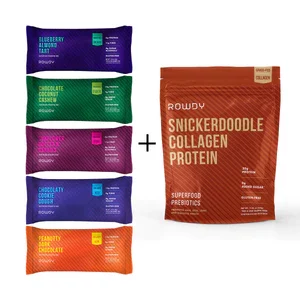
Rowdy also carries a line of collagen protein powder made with just five simple ingredients.
The ingredients include Bovine collagen, Himalayan salt, and you guessed it, Yacon root! Each serving packs in 20g of protein and is rich in prebiotic fiber all while being low carb, low sugar. I am a personal fan of the Snickerdoodle, but the vanilla and chocolate are always a classic! If you’re looking to upgrade smoothie or afternoon protein bar, Rowdy has you covered! Rowdy is offering the Whitness Nutrition community 20% off all orders placed through their site with code WHITNESS20.
Interested in improving your gut health? Schedule a discovery call with Whitney today.
